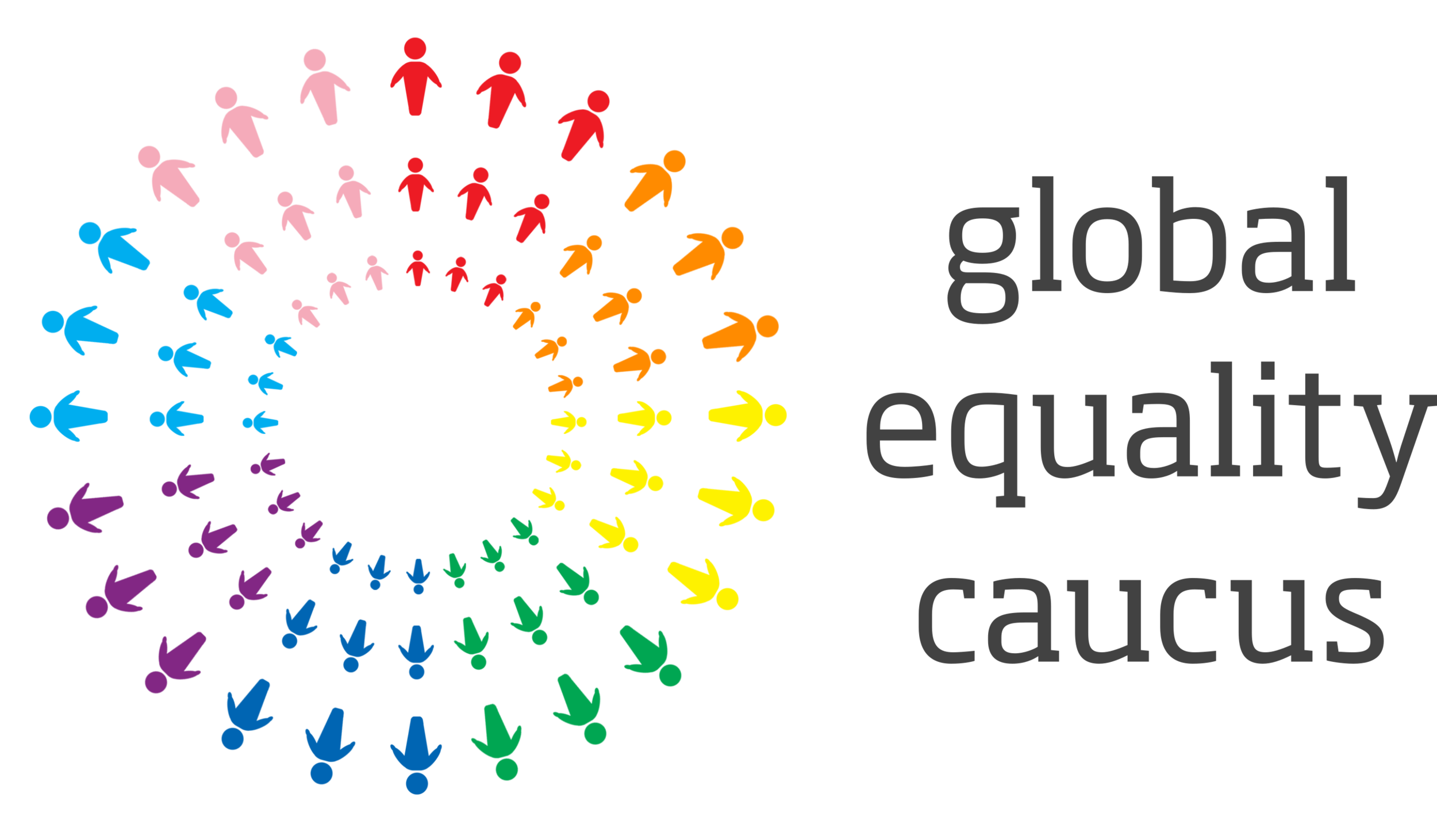The significance of the Hungary Pride Ban for LGBT+ Rights
On 18 March 2025, the Hungarian Parliament passed a law banning Pride events, including the 30th edition of the Budapest Pride march. The legislation, signed into law by the president within a single day, criminalises organising or attending Pride events and introduces facial recognition technology to identify attendees. Violations carry fines of up to 200,000 HUF (approximately EUR 500).
This law builds upon Hungary’s 2021 "child protection" legislation, which prohibits portraying or promoting homosexuality to minors. Much like Russia’s 2013 anti-LGBT+ law, it severely limits LGBT+ representation in schools, media, advertising, and literature. With this latest move, the Hungarian government is escalating its campaign against LGBT+ visibility and rights, turning public expressions of LGBT+ identity into acts of civil disobedience.
"This isn’t just about LGBT+ rights—it’s about undermining democracy itself," said László Sebián-Petrovszki, chair of “For a Diverse Hungary”, a parliamentary LGBT+ intergroup. "The chilling effect spreads fear, propaganda dehumanises marginalised groups, and public gatherings are increasingly restricted."
Since its inception, Budapest Pride has stood as a symbol of Hungary’s democratic transformation. The first Pride march marked not only LGBT+ visibility but also the country's embrace of freedom of speech, assembly, and thought.
“If left unchecked, this trend could undermine our and EU efforts to protect LGBT+ rights and set a dangerous precedent for the Hungarian government to ban other peaceful assemblies as well.” Sebián-Petrovszki emphasised.
A Dangerous Precedent
Hungary’s new law is part of a wider trend across Europe, where restrictions on the right to protest and freedom of expression are tightening. The use of facial recognition technology at banned Pride events raises significant privacy concerns, with fears that such surveillance could be expanded to monitor other forms of peaceful protest.
Human rights organisations and opposition leaders have strongly condemned the law, arguing that it violates fundamental freedoms protected under European and international law.
The role of legislators—both in Hungary and across Europe—has never been more critical. The ability to freely assemble, express one’s identity, and live without fear of surveillance or punishment is fundamental to any society. Ensuring these rights are protected requires sustained political action and international support.
"When a government can outlaw Pride, it’s not just silencing LGBT+ voices—it’s testing how far it can go in dismantling democracy. What happens in Hungary today could happen anywhere tomorrow," said Katalin Cseh, member of “For a Diverse Hungary”, a parliamentary LGBT+ intergroup The Urgency of Legislative Action
Laws like Hungary’s Pride ban don’t exist in isolation—they are part of a systematic effort to weaken democratic institutions and marginalise vulnerable communities. Legislative bodies, both domestic and international, have a responsibility to act swiftly and decisively, ensuring that human rights protections remain non-negotiable.
As restrictions on assembly and expression escalate, the role of legislators in defending democracy becomes ever more crucial. Essential strategies include:
Challenging the Law in Domestic and International Courts.
Preventing the Expansion of Surveillance.
Advocating for Legislative Reform.
Strengthening International Pressure.
“Unity is vital in times like these. The LGBT+ community and allies must come together as one—like an embattled fortress defending shared values. Differences within the movement exist, but now is no time to focus on them. Together, we can resist oppression and fight for freedom.” Sebián-Petrovszki shared. "The Budapest Pride organizers have made their message clear: We will not let them ban Hungary’s largest recurring human rights demonstration! This year marks the 30th Budapest Pride March, and it has never been more important. Join us on June 28—let’s march together" added Katalin Cseh.



